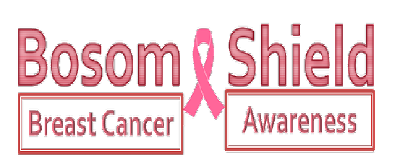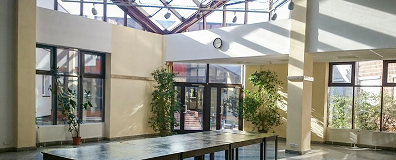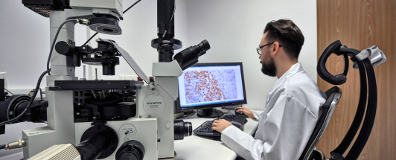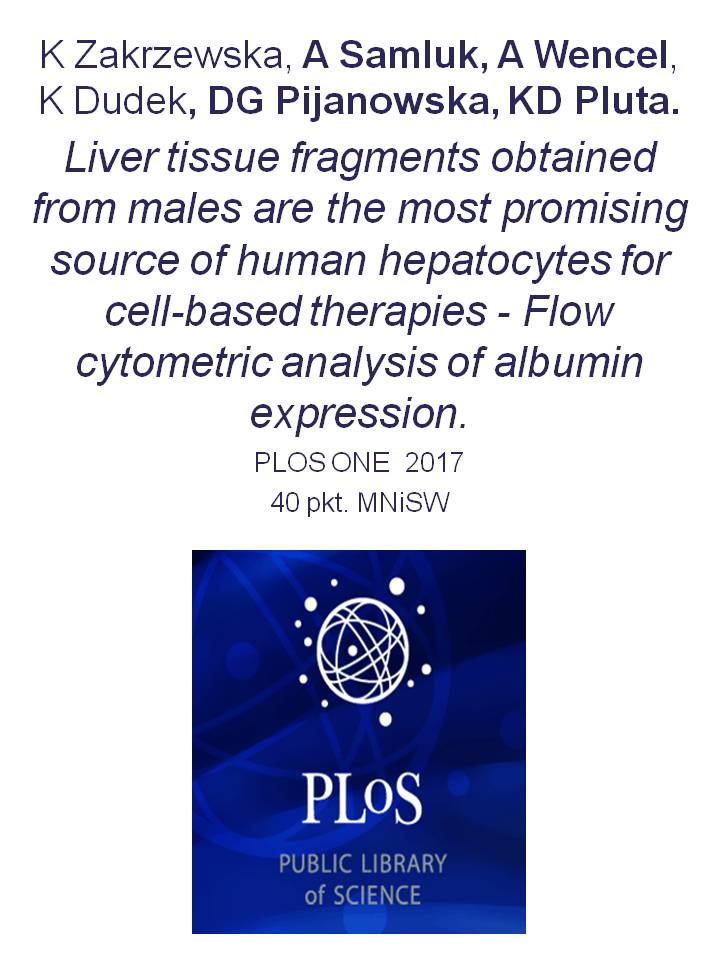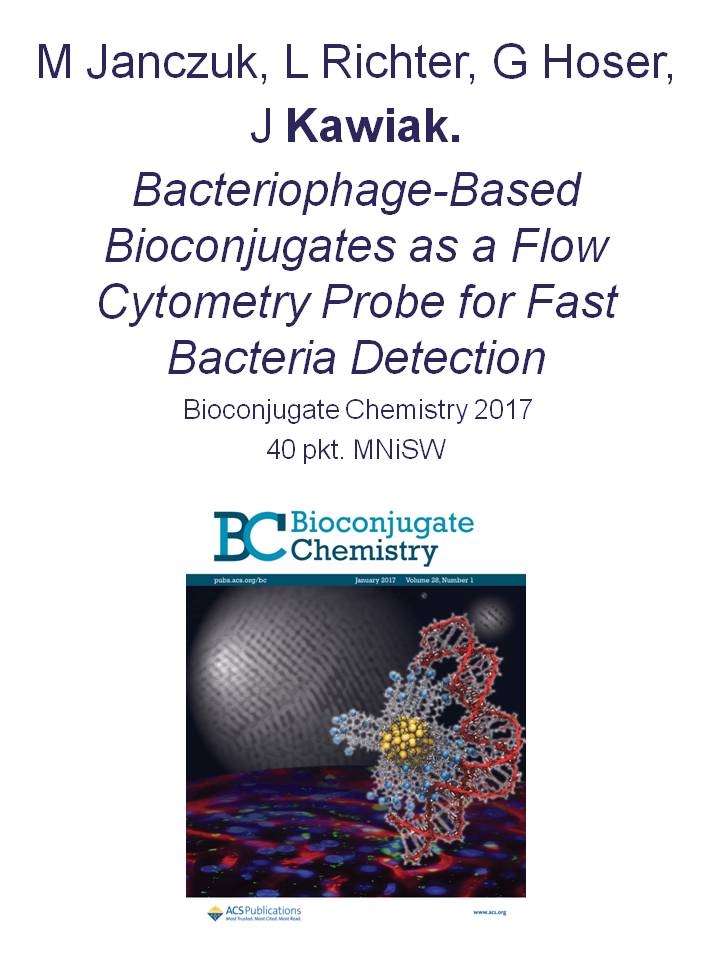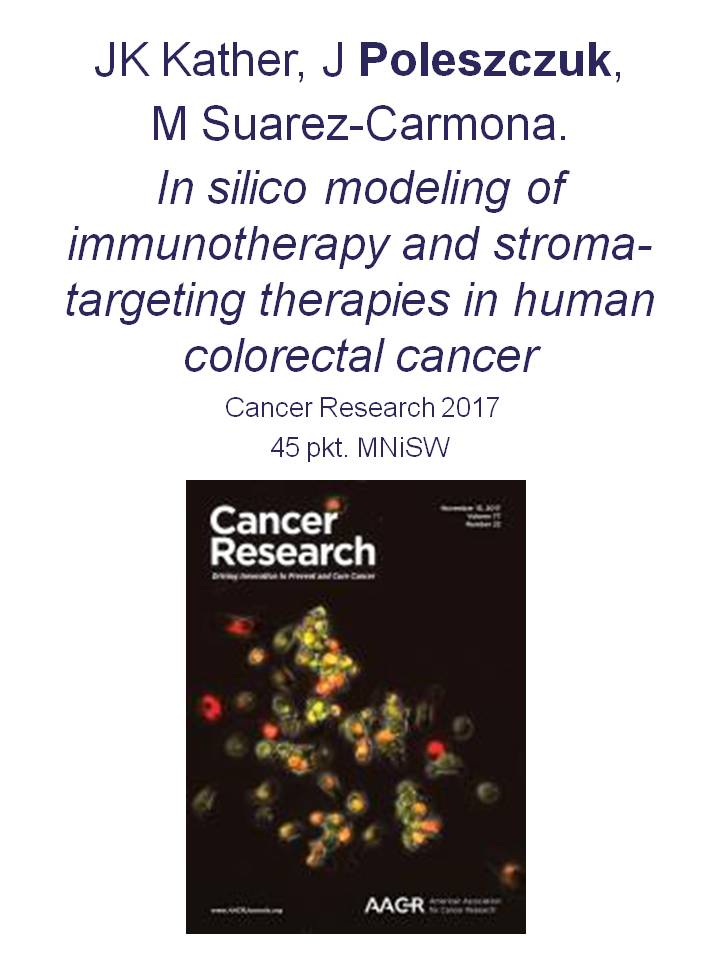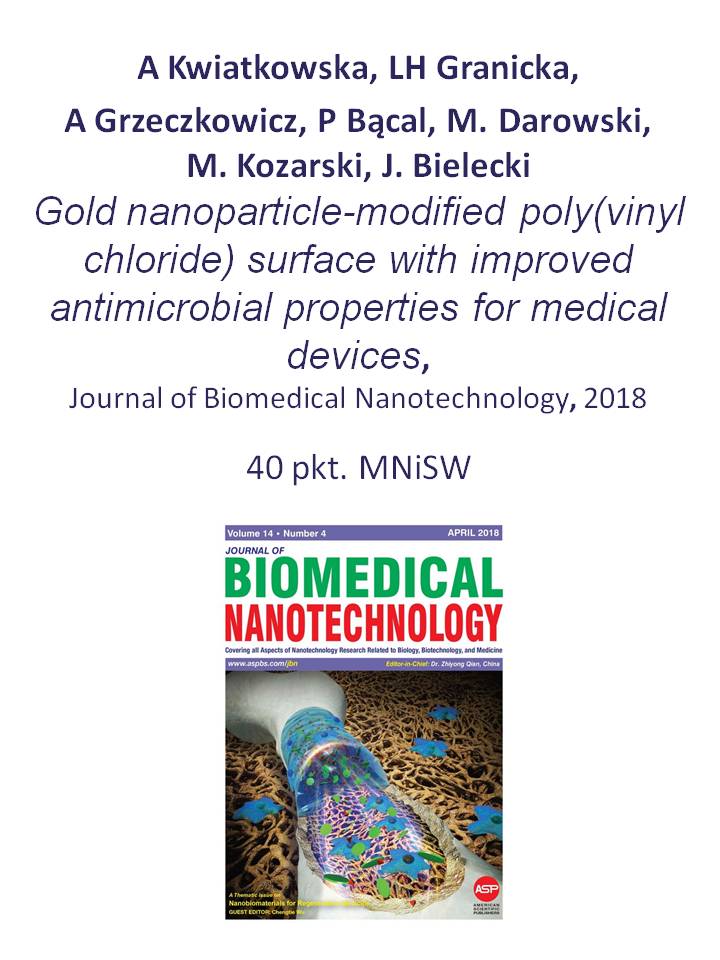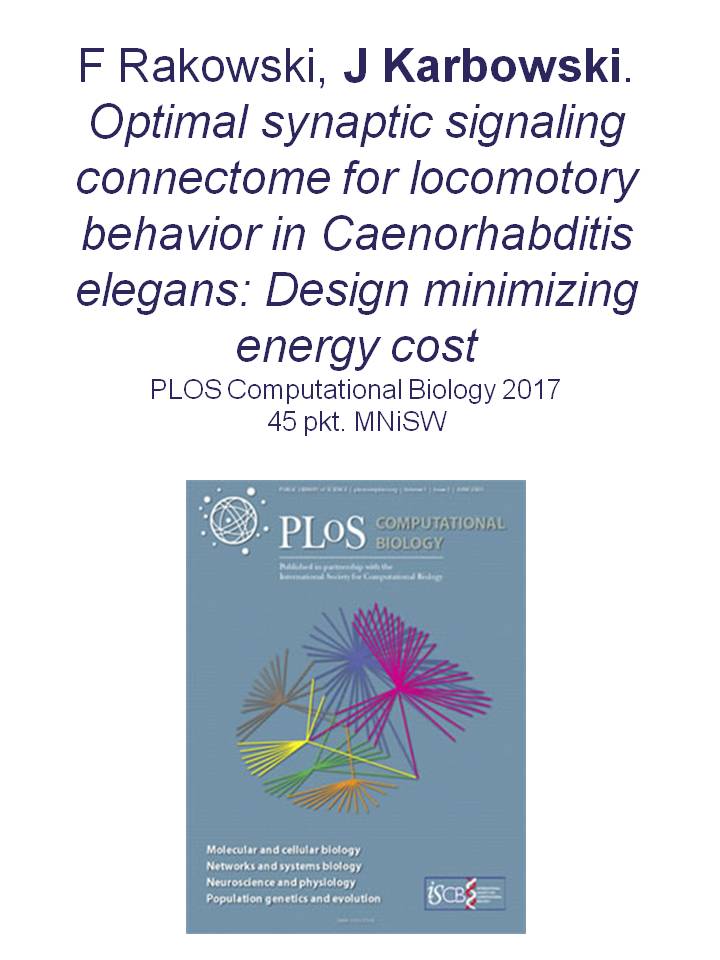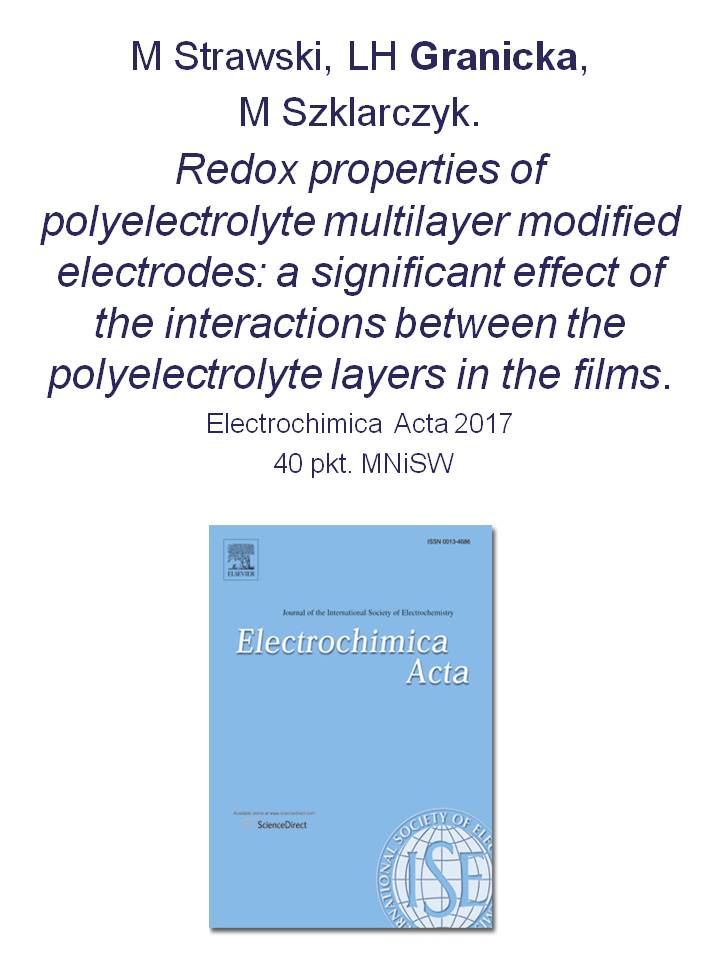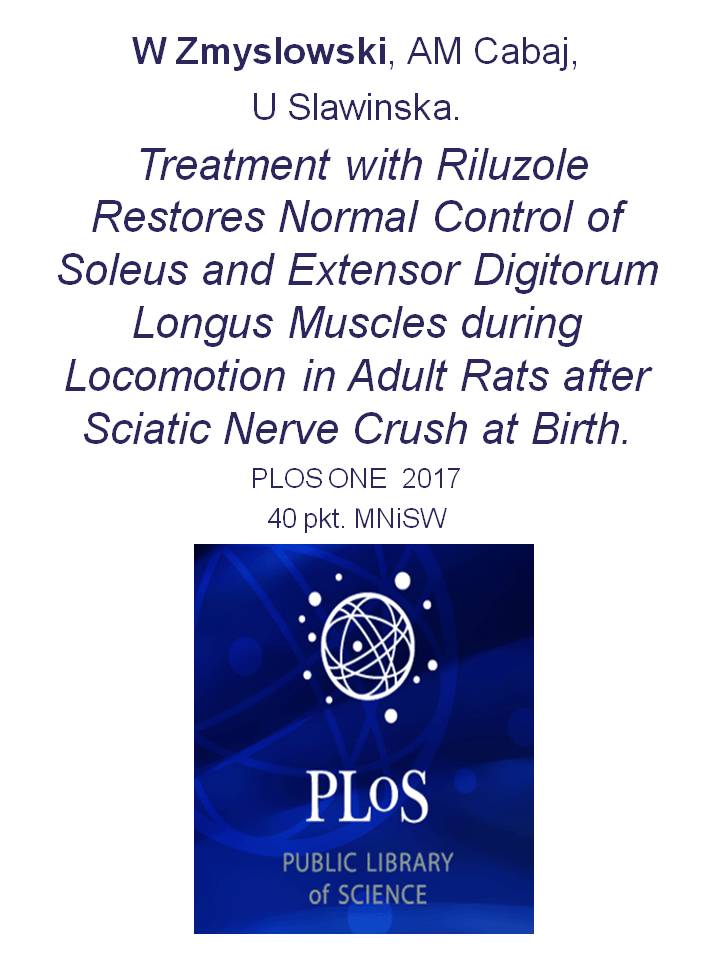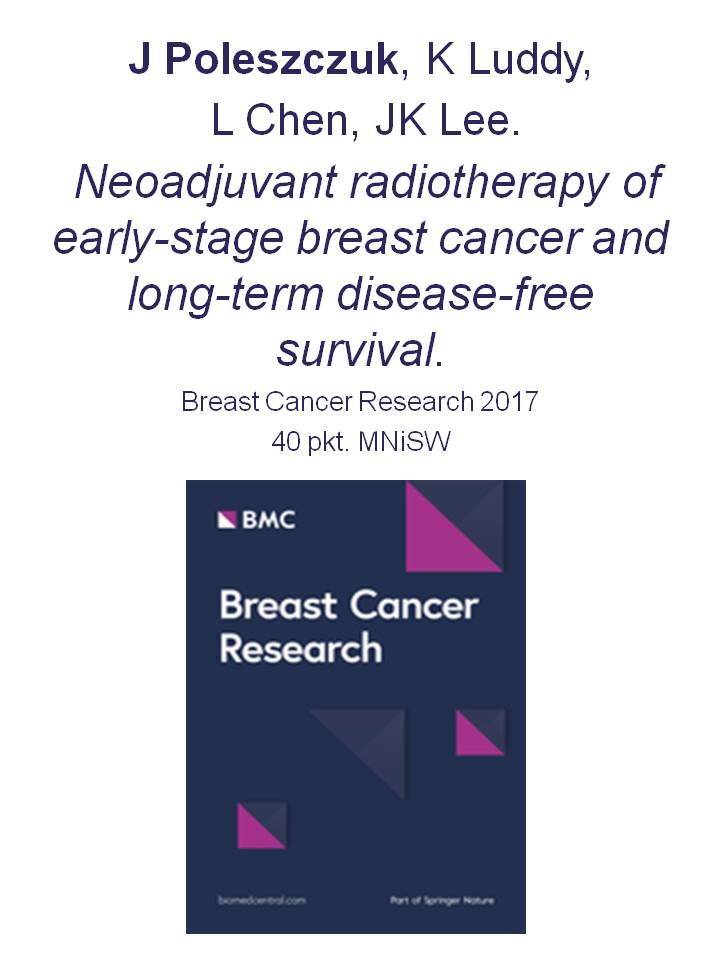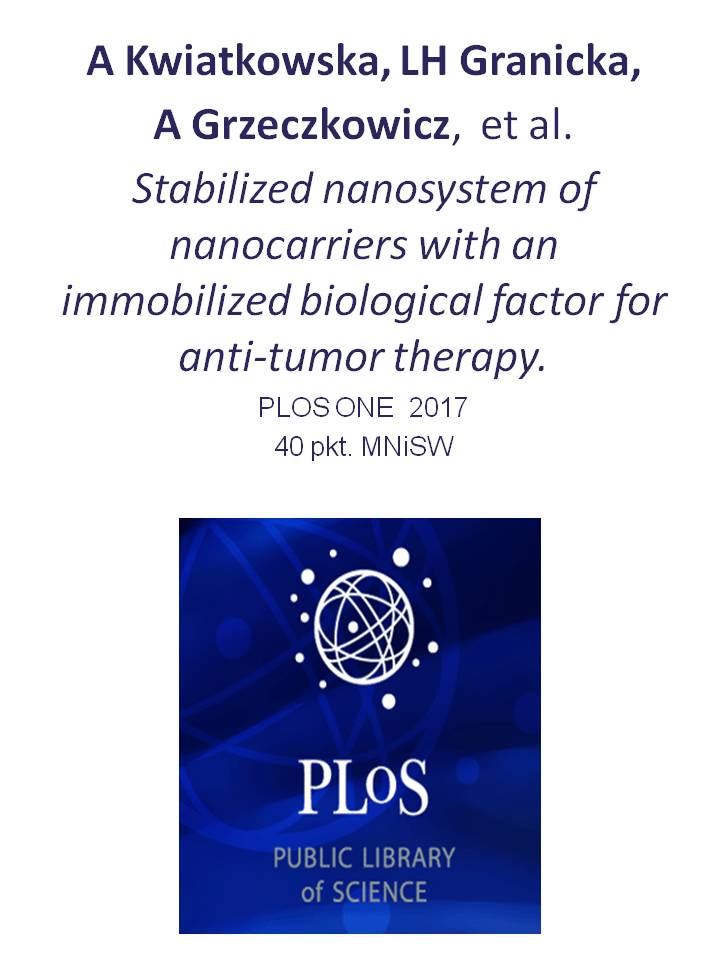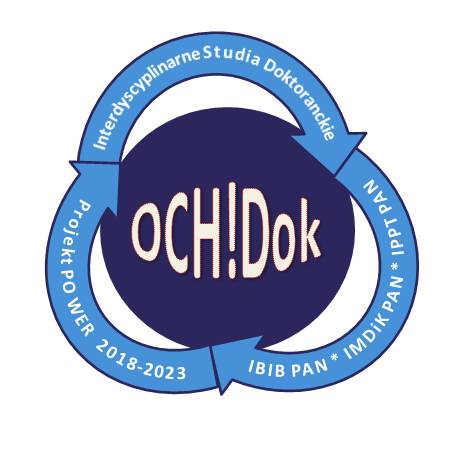PI13/02501_EN
Background: Triple-negative breast cancer (TNBC) has a poorer prognosis than other breast cancer subgroups. Only about 50% of triple-negative breast cancers have a pathological complete response (PCR) to neoadjuvant chemotherapy (NAC), and those without a complete response are six times as likely to relapse. The tumor microenvironment, which can clearly be modified by cytotoxic treatments, is a dynamic network involved in tumor progression and may be implicated in a patient's relapse. The aim of this project is to characterize cellular and molecular targets from the tumor microenvironment that could predict relapse in TNBCs treated with NAC that do not have a PCR.
Methods/Design: A retrospective case-control study was made of 223 patients diagnosed with ductal invasive TNBC between 2008 and 2013. Patients did not have distal metastasis and were treated with NAC. They lacked a PCR and were monitored for three years from the date of surgery until relapse (cases) or the end of follow-up (controls). The group of patients initiated into the study in 2011 will have 3 years of follow-up during the course of the project, which will continue until 2016. Tumor microenvironment markers will be evaluated in post-NAC surgical biopsies using immunohistochemically stained tissue microarrays and in situ RNA hybridization. Markers will be assessed by digital image analysis. Differences in the presence or expression patterns of cellular and molecular markers in the two groups will be statistically compared.
Discussion: By comparing these expression patterns in the residual tumor after NAC, our aim is to identify predictive markers of relapse in TNBC patients. These markers could be used to establish new guidelines for managing current treatments in high-risk patients and for designing new treatments based on the tumor microenvironment.
The part of the Project done by SPIMO Lab it is to development of automatic procedure for cytological markers detection while our so far developed software detects nuclear markers.
MENU
- News
- About the Institute
- Mission & Authorities
- HR Excellence
- Doctoral Schools
- Doctoral Studies
- Academic degrees
- Scientific activity
- Institute offers
- ICB
- Publishing
- Library
- Conference Centre
- Useful Links
- Public procurement
- Employees
- Gallery
- For Media
- Contact
- Privacy policy
Nałęcz Institute of Biocybernetics and Biomedical Engineering PAS, Ks. Trojdena 4 st., 02-109 Warsaw, POLAND
E-mail:This email address is being protected from spambots. You need JavaScript enabled to view it.; Phone: (+48) 22 592 59 00;
Copyright(c) 2016 IBBE PAS
All rights reserved
In order to provide you with the best online experience this website uses cookies. Delete cookies
In order to provide you with the best online experience this website uses cookies.
By using our website, you agree to our use of cookies. Learn more
Useful Links
Privacy policy
Ministry of Science and Higher Education
Polish Science Database (Nauka Polska)
Department of Patents - website in Polish
Sholarship granting institutions
The National Centre for Research and Development
The Polish National Agency for Academic Exchange
European Union Funding
Publication databases
ISI Web of Knowledge Journal Citation Report
BazTech - website in Polish
ICM - Virtual Library of Science - website in Polish
Other
Datasets

